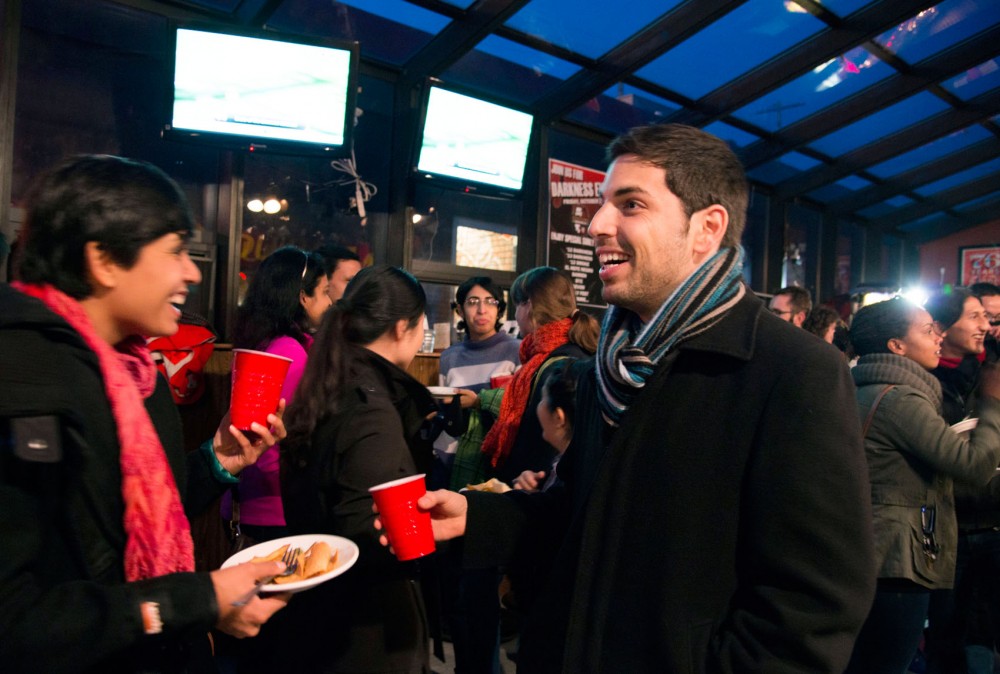When Angela Castro first came to the University of Minnesota from her native Colombia, she learned her definition of “cold” didn’t apply to Minnesota winter weather.
“I had no idea how cold it was really going to be,” she said. “It was a shock.”
To help international graduate students acclimate to the University, a group of students recently started the Council for International Graduate Students.
CIGS aims to provide international graduate students with an outlet to discuss issues they might face at the University.
Castro, a Spanish and Portuguese studies doctoral candidate, said it’s tough for some international graduate students to figure out how to get a credit card, ride the bus or find a place to live when they first arrive on campus from overseas.
Sumitra Ramachandran, a scientific and technical communication master’s student, said CIGS is the first University graduate student group specifically dedicated to international students.
International graduate students can join campus cultural centers, she said, but those are broken down by ethnicity and don’t represent international graduate student issues as a whole.
“International graduate students have been here for a long time, and they’re a very important part of our student population,” Ramachandran said. “It’s important we have a place to meet.”
International graduate students make up nearly 22 percent of the University’s total graduate student population this fall, according to the Office of Institutional Research.
CIGS isn’t officially registered with the University, but Ramachandran said she expects it to become official this week.
Takehito Kamata, an organizational leadership, policy and development doctoral candidate, said some international graduate students feel isolated at the University because there isn’t a system in place to help them easily connect with their international peers on campus.
He said he thinks the group will provide a place for international graduate students to meet others outside their departments who face similar challenges.
Barbara Kappler, assistant dean of the University’s International Student and Scholar Services, said ISSS will issue a survey this week to gauge the needs and concerns of all international students at the University.
This is the first survey of its kind from ISSS, and the office will conduct the study annually for at least the next two years.
Kappler said she was happy to hear international graduate students are working to discuss and raise awareness of issues they’re experiencing on campus.
“Students have concerns, and I think it’s really commendable that they’re reaching out and taking initiative,” she said. “It’s great to see them working together.”
ISSS provides a one-day orientation for international graduate students once they arrive on campus, but Ramachandran said a lot of information provided can be easily forgotten.
She said CIGS could help fill in the gaps for students who are still confused after orientation.
“A lot of times international graduate students will try to figure out problems on their own,” Ramachandran said. “It would be better if you had a group that is there to support them and tell them what to expect.”
International development practice master’s student Shruti Saxena said having a group like the council could’ve made her life less stressful when she first started at the University.
“Having a group of people to talk to and ask questions would have been useful,” she said. “Finding things around campus would have been a lot easier.”
Ramachandran said the group will also provide a platform for international graduate students to collectively communicate issues they share to ISSS, the graduate school and other University offices.
Establishing a social community is the first step to creating a group that can solve issues affecting all international graduate students, she said.
“You can’t advocate unless you have a strong social network and understand the needs of all international graduate students.”











